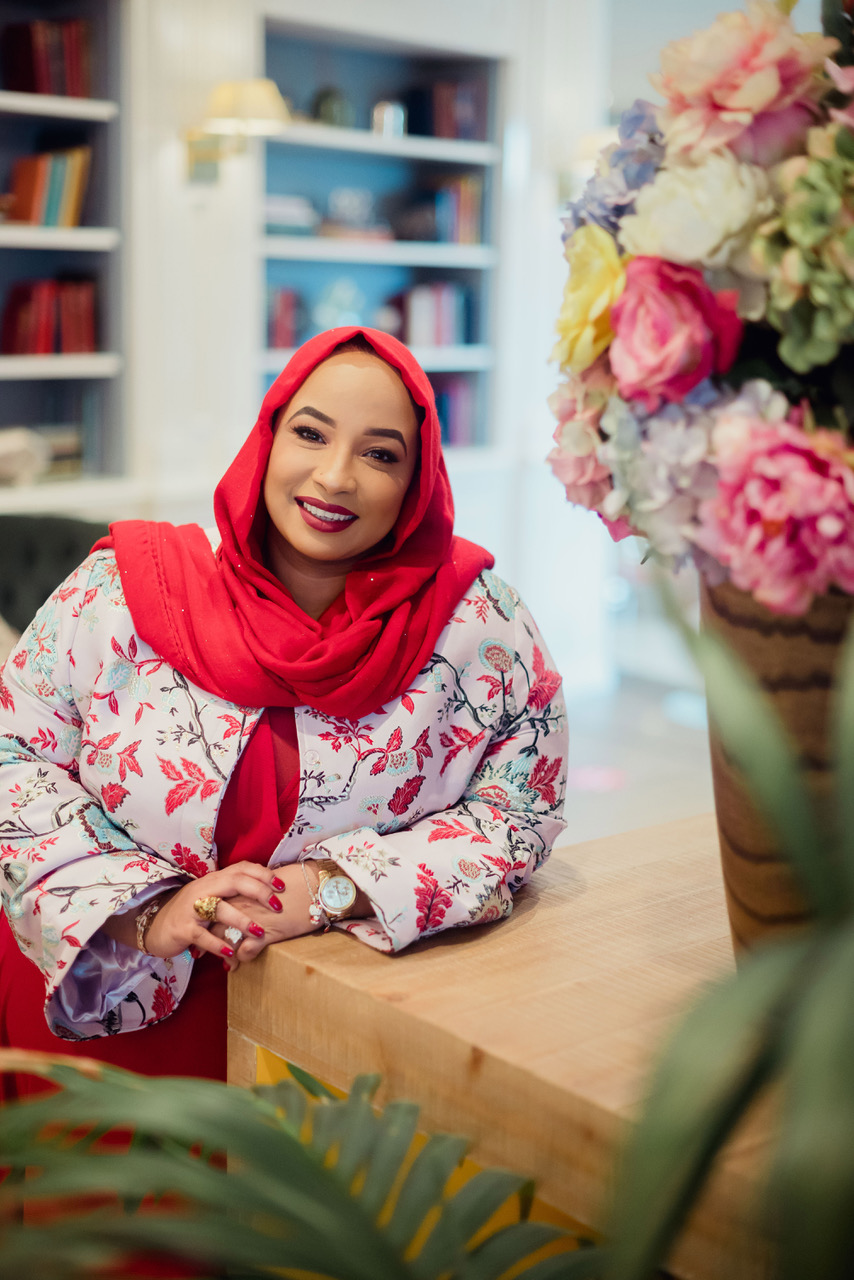As the UAE continues to observe a resurgence in Covid-19 cases, Abu Dhabi-based healing expert, Dr Ayat Mekki, has shared some fundamental techniques that can help to ease the associated increase in personal stress and anxiety in the build-up to seasonal travel.
While the World Health Organisation has reported a 25% increase in anxiety and depression during the first year of the pandemic, there are increasing anecdotal accounts of Post-Traumatic Stress Disorder (PTSD) among survivors, care providers, and bereaved relatives.
Advaned ThetaHealing® Practitioner, Dr Mekki explains, “Anxiousness increases as a result of uncertainty and feelings of not being in control. During times like this, our responses may vary from isolation or making irrational decisions, to extreme anxiety and symptoms that some clinicians liken to signs of PTSD.
“It is important to remember that as humans, we can only control three things: our thoughts; how we respond to situations; and the actions we take in the face of those situations. When anxiety and fear take over, the hormone adrenaline is released, and the body goes into a state called fight or flight. Symptoms can range from rapid heartbeat and breathing, to trembling and tensing.”
“This state and the hormone are both essential to keep us safe from a perceived danger, which covid has become. The challenge begins when we continue in this state for prolonged periods as a response to the world around us, causing what we know today as stress.”
Dr Mekki, who is also a Master Coach and Licensed Trainer of NLP™️ (Neuro-Linguistic Programming), says that the key to managing anxiety and stress is to hold on to and to practice what is certain and within our own control.
She reveals, “There are many ways you can support yourself to deal with challenges and manage stress. For example, how you start your day is key. Many alarms come with features that include sounds of nature and softer sound you can begin waking up to 15 minutes before your intended time, so that the body is able to wake up gently. If you’re a heavy sleeper, you can still set your regular alarm to go afterwards.”
“If the first thing you do when waking is to check your phone, check the news or respond to your messages, you’re setting yourself up for reactivity instead of responsiveness, and you’ll find that cycle being repeated throughout your day. Instead, postpone looking at your phone until you’ve completed your morning routine.”
“That routine can be as long or as short as you want and can vary based on the time you can spare each morning. Whether you’re a stay at home parent or a full-time employee or a business owner, you can find something that works for you.”
“The key is to incorporate easy and consistent practices that help you tackle the day. An example of a quick morning routine is taking a few deep breaths, practicing gratitude, a quick five-minute guided meditation, and having breakfast, all completed before checking your phone.”
Acknowledging how you feel is another important factor in helping to manage stress Dr Mekki suggests. She says, “Ignoring or suppressing how you feel is a temporary solution to an ongoing problem. It can only take you so far.”
“Acknowledge how you feel, challenge your thoughts, and connect with yourself about what stresses you out. This helps you become stronger internally and will protect you from the side-effects of suppression, like lack of sleep, mood swings, irrational thinking and decision-making, and reactivity.”
Dr Mekki also recommends focusing more on what you can control. She advises building your immunity up naturally, taking necessary precautions, eating healthy, exercising, and having good self-care are all decisions you can make that are within your control.
“Focus on positive thinking and taking care of your mental health as a priority. Learn to ask for support and seek help with a mental health professional if you find yourself unable to cope. Lastly, stay optimistic and take life one day at a time to avoid becoming overwhelmed.”

